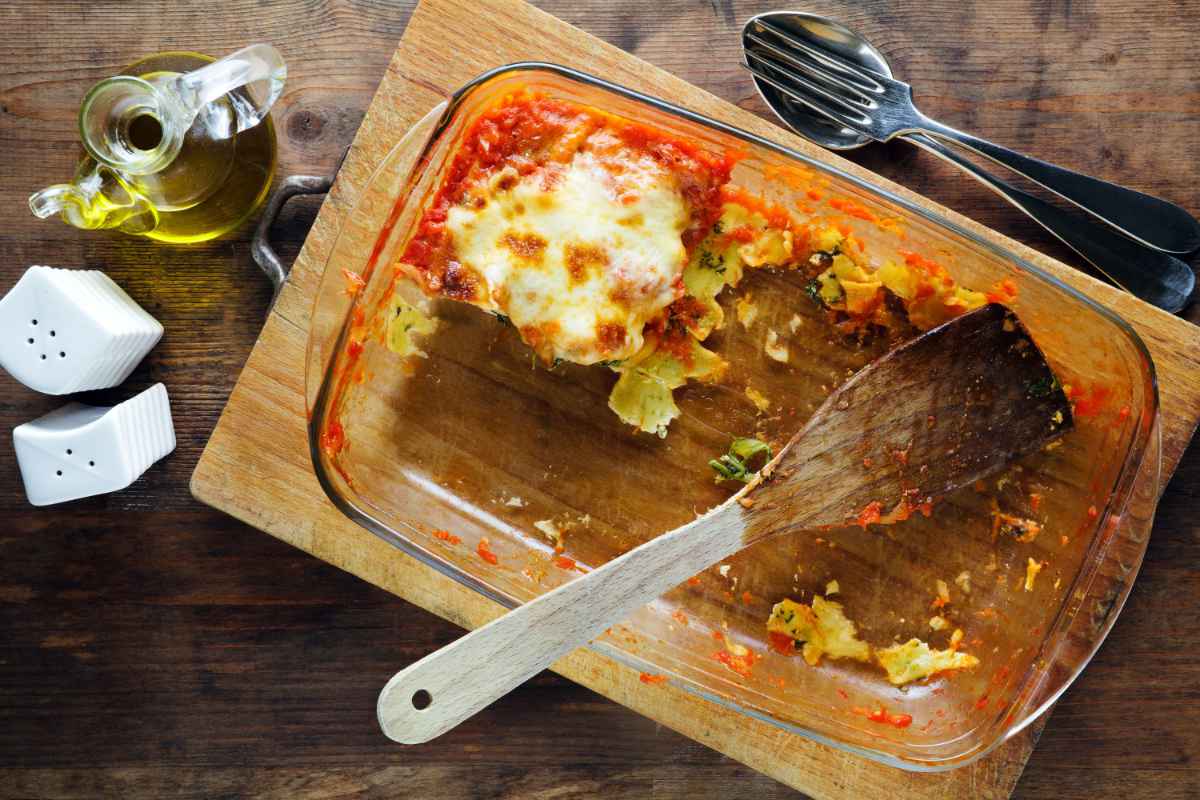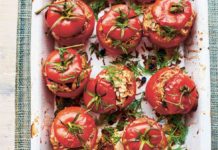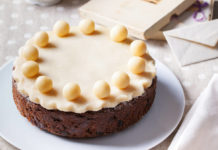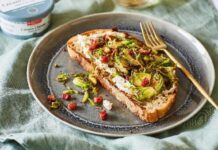If your New year resolution is cut back on takeaways and embrace home cooking, you may be wondering how to create healthy, tasty and, most importantly, affordable meals every night without hassle?
Here we speak to health food experts about how to make the most of what is in your cupboard…
What staples should be in every person’s cupboard?
The key to success is including versatile, long-lasting items in your weekly shop, experts say. Jane Clarke, dietician and founder of Nourish Drinks, said she would recommend the following items:
– Tinned tomatoes
– Tinned tuna
– Herbs and spices
– Stock cubes (chicken, vegetable or beef)
– Oil
– Dried pasta (brown, wholemeal or white)
– Rice
– Onions
– Potatoes
– Plain flour
– Dried or tinned fruit
– Bread
– Eggs
– Cereal
“All these foods can be easily accessed at a local supermarket, as well as being affordable,” she said. “These foods are great to have in your cupboard to make a quick meal if you are low on fridge food, or just can’t be bothered to go out for a food shop.”
Cooking with leftovers is my fave thing to do. Helps me create new dishes. Plus the flavours are matured and more intense.
— Big Ole Gym Gay (@thatgayinthegym) January 10, 2021
How can I make the best of leftovers?
If you have not managed to use up everything from your last big shop, the key is to know the basics to get the best out of what you have left.
Celia Brooks, chef and founder of food tour company Gastrotours, said: “Eggs are a gift from the gods when it comes to using up leftovers; make an omelette and fold it over just about anything, like leftover steamed or roasted veggies – add a bit of grated cheese to make it creamy, rich and delectable.
“Leftover cooked potatoes or any veg or beans can be turned into a frittata – again, add some cheese melted on top. Finish with chopped fresh herbs such as parsley or dill.”
View this post on Instagram
How can I keep food fresh for longer?
If you do have some food in the house but are not up for cooking, learning how best to store different food types will make all the difference.
Brooks said: “Keep lemons and limes in a sealed plastic bag in the veg drawer of your fridge – they’ll last for weeks rather than days, and once opened, wrap cheese in greaseproof paper or baking parchment and store in a sealed bag in the fridge to extend its life.
“Your freezer is your best mate. Freeze sliced bread and you’ll always have it ready to pop in the toaster, freeze leftover casseroles, stews, soups, and mashed potatoes in individual portions or use frozen mash later (defrosted) to top a shepherd’s pie, or make bubble and squeak.
“Any leftover portion of an ingredient from a jar or tin – like beans, corn, vegetables, and fruit, can be put in a small resealable bag or air-tight container and frozen for up to six months and you can also freeze leftover cooked rice, pasta or grains.”
View this post on Instagram
How easy is it to stay healthy on a budget?
Clarke said: “Planning meals in advance is a great way to reduce your spending on food, as well as making sure you have all the right foods to receive the nutrients necessary for your healthy lifestyle.
“One tip I would recommend is to buy frozen vegetables, these come in big bags and can be kept in the freezer for months and this will help when being on a budget as you will not need to go out to keep buying fresh vegetables.”
Best-selling books on budget cooking
Stuck for inspiration? Check out our list of best-selling Amazon products!
No products found.
You may be interested in…
This article may include affiliate links to products and services where we may receive a small fee to support the running of this site if you make a purchase or is a sponsored article from one of our select editorial partners providing valuable advice and information to our readers.
































































